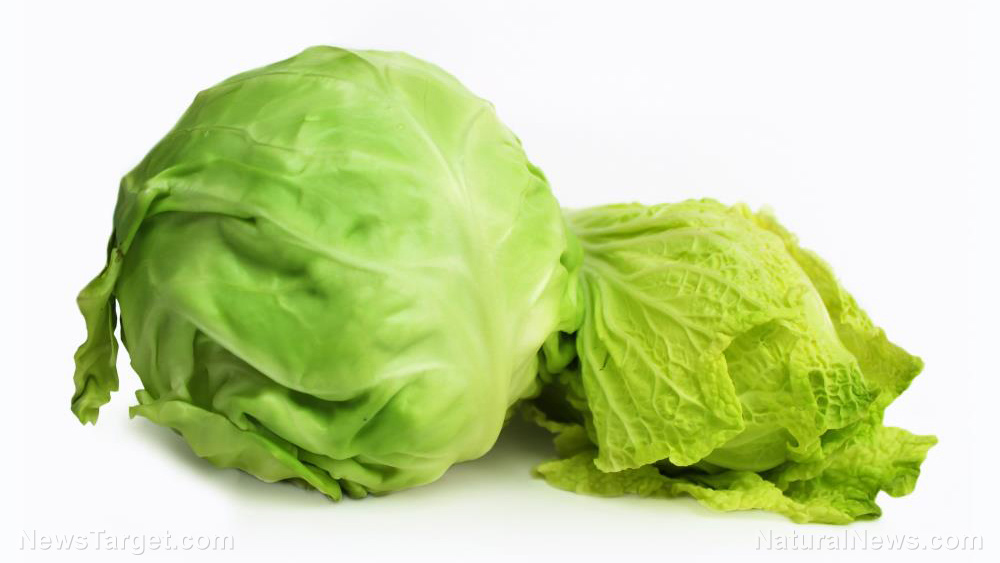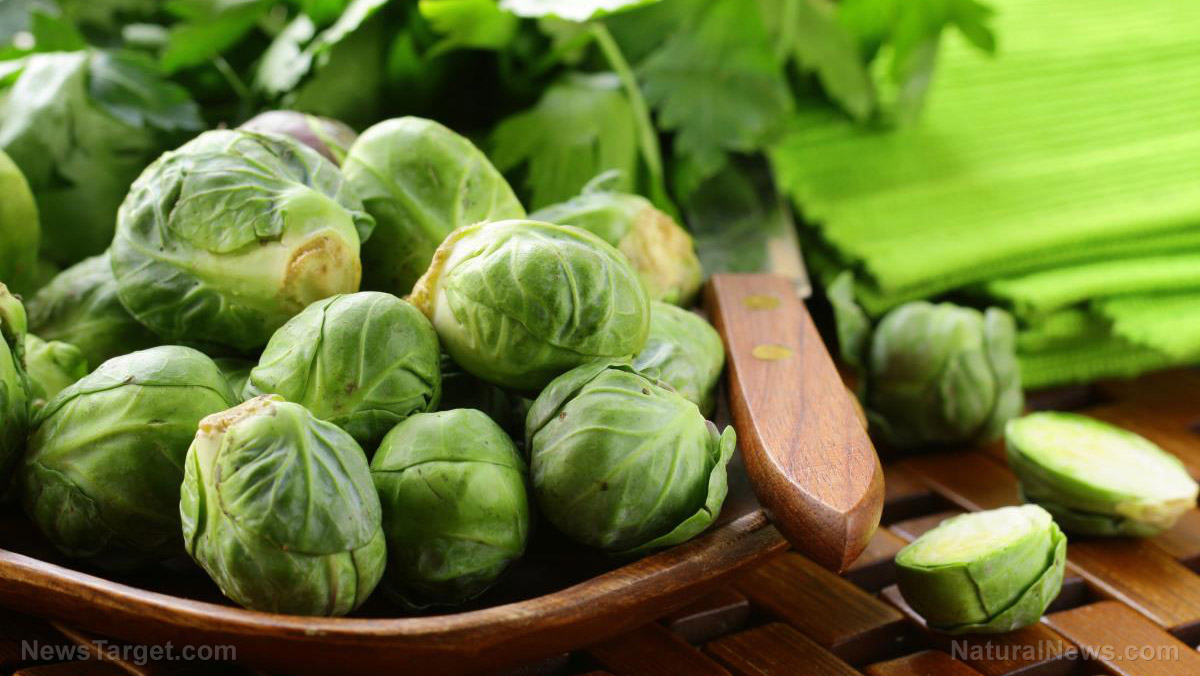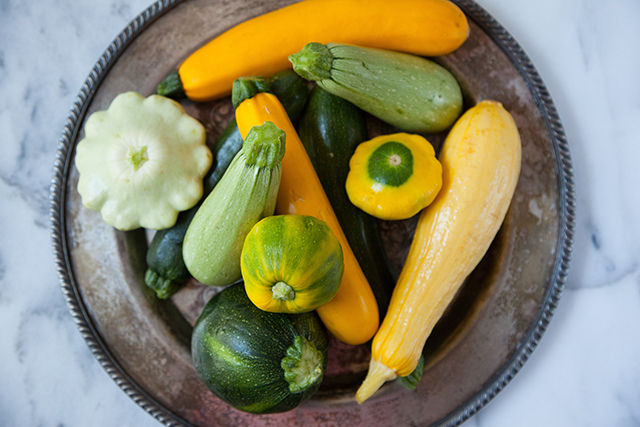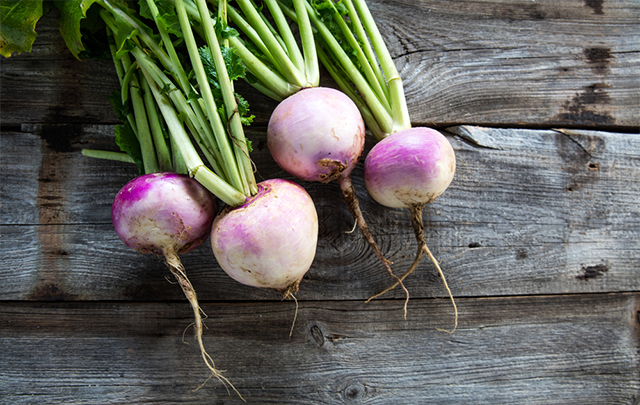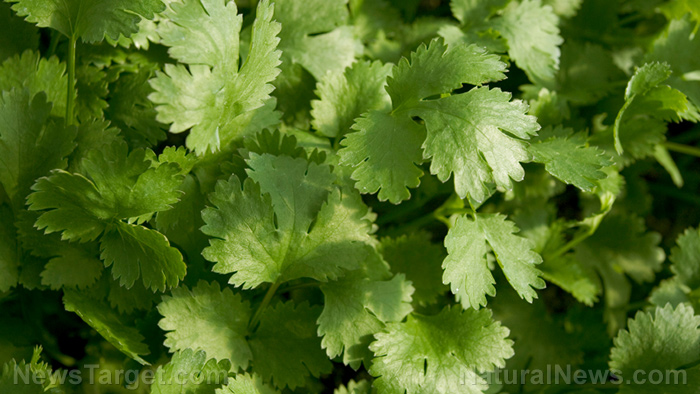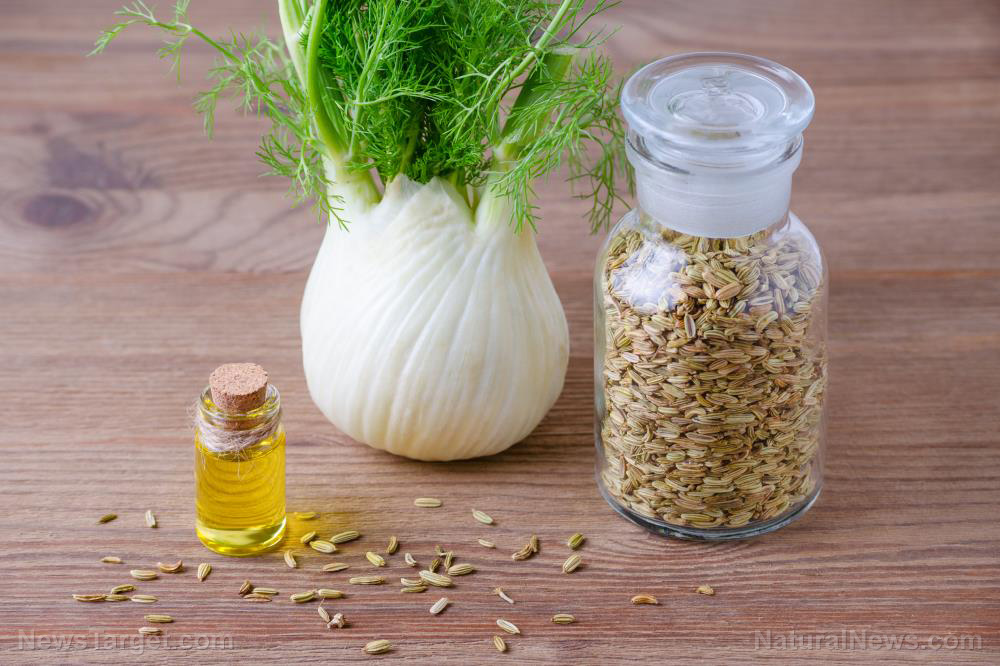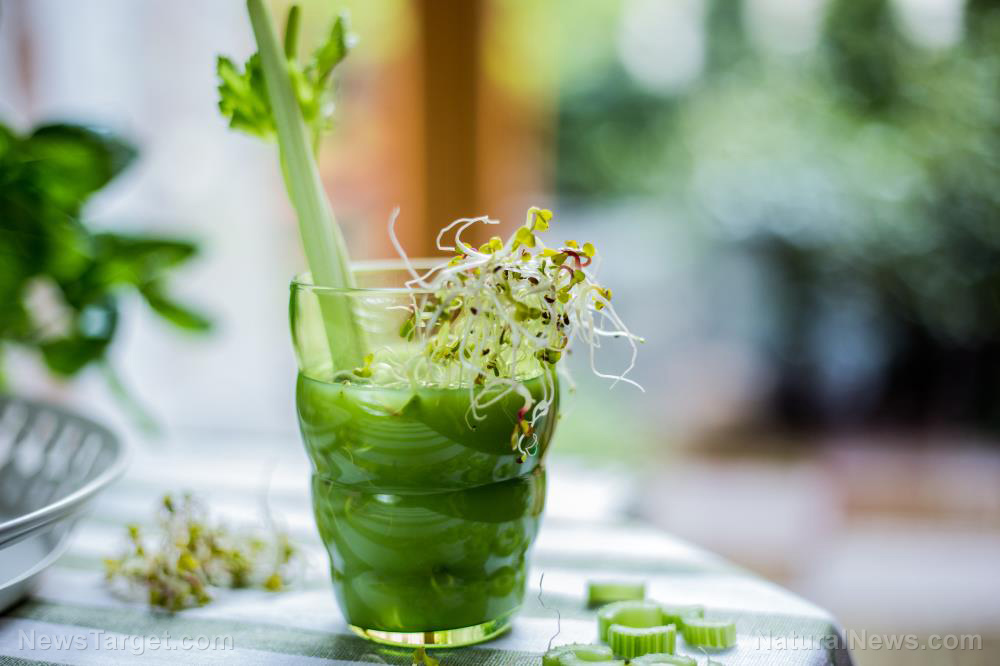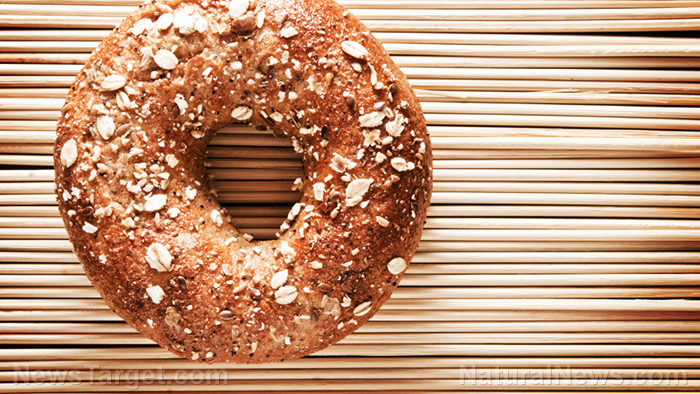Clean eating: Vegetarian weight loss tips
08/10/2020 / By Zoey Sky

Following a balanced diet ensures that you eat delicious and nutritious foods that can boost your overall health and well-being. If you’re interested in going vegetarian to improve your eating habits and lose some weight, experts recommend trying different types of vegetarian diets to find the one that suits your health condition and lifestyle.
Vegetarian diet basics
Following a vegetarian diet can help reduce your risk of chronic disease. It can also naturally promote weight loss. But if you’re used to eating junk food and carbs, you’ll need to commit to making healthy choices when buying and preparing your food.
Vegetarian diets exclude meat, fish and poultry. While some dieters choose to become vegetarians for religious or ethical reasons, others adopt this eating pattern to enjoy its many health benefits.
There are different types of vegetarian diets:
Vegetarian diet
A vegetarian diet excludes meat, poultry or fish, but it has sub-categories based on what animal products you choose to eat:
- Lacto-ovo vegetarians consume both eggs and dairy products.
- Lacto vegetarians consume dairy products but don’t eat eggs.
- Ovo vegetarians consume eggs but don’t eat dairy products.
Vegan diet
When following a vegan diet, you don’t eat meat, poultry or fish. You also don’t eat dairy products, eggs or other animal products, such as gelatin or honey.
Partial vegetarian
A partial vegetarian doesn’t consume meat but eats some animal foods.
- Pescatarians can eat fish, but they don’t consume other kinds of meat.
- Pollo-vegetarians consume poultry, but they don’t eat other kinds of meat and fish.
Flexitarian
If you follow a semivegetarian or flexitarian diet, you’ll eat mostly plant-based foods. But sometimes, you can also eat small amounts of meat, poultry, fish, dairy and eggs.
Vegetarian diets include a lot of fresh fruits and vegetables, legumes, nuts, seeds and whole grains. These fiber-rich foods are full of micronutrients and beneficial plant compounds.
Compared to a diet that includes meat and animal products, a vegetarian diet is often lower in calories, fat and protein.
Because vegetarian diets include more nutrient-rich foods, it can help prevent diabetes, high blood pressure, certain kinds of cancer and heart disease. Research also suggests that a vegetarian diet helps promote weight loss naturally.
How to lose weight on a vegetarian diet
Follow the recommendations below to effectively maintain a healthy weight while on a vegetarian diet:
Consume a lot of whole foods. Fresh, unprocessed foods like whole fruits and vegetables don’t contain unnecessary ingredients like added sugar or preservatives
Half your plate should contain fiber-rich and non-starchy vegetables like broccoli, cauliflower, leafy greens, mushrooms and zucchini. These veggies will help you feel full longer and reduce your calorie intake.
Consume protein-rich foods such as beans, dairy products, eggs, nuts, lentils, organic soy foods and seeds. (Related: Tips for getting more protein into a vegetarian diet.)
Choose complex carbs that are incredibly filling like starchy vegetables, fruits, legumes and whole grains.
Limit your intake of high-calorie foods. When eating nuts, seeds and healthy fats, pair your snack with lower-calorie foods to avoid overeating.
Avoid highly processed foods. You should also limit your intake of frozen meals, meat alternatives and other ultra-processed foods with too much salt, added sugar and other harmful additives.
Vegetarian-friendly foods that promote weight loss
To lose weight while on a vegetarian diet, you should eat organic whole foods and foods that are minimally processed. Depending on the type of vegetarian diet you’ve chosen, you can also eat dairy or eggs in moderation.
Include the following foods in your diet to maintain a healthy weight:
- Beans and legumes like black beans, kidney beans, lentils and pinto beans.
- Fruits like apples, bananas, berries, grapes, kiwi, mangoes and oranges.
- Healthy fats like avocado, cheese, coconut, nuts, nut butters, olive oil and seeds.
- Lean proteins like beans, eggs, Greek yogurt, legumes, milk, nuts, nut butters, organic soy products and seeds.
- Non-starchy vegetables like bell pepper, broccoli, carrots, cauliflower, celery, cucumber, eggplant, mushrooms, tomatoes and zucchini.
- Nuts and seeds like almonds, cashews, chia seeds, nut butters, pistachios, sunflower seeds and walnuts.
- Starchy vegetables like corn, peas, potatoes and winter squash.
- Water and healthy beverages like fruit-infused water, naturally flavored seltzer and plain coffee or tea.
- Whole grains like barley, brown rice, bulgur wheat, farro, millet and quinoa.
What to avoid when on a vegetarian diet
To lose weight while on a vegetarian diet, limit your intake of the following foods:
- Highly processed vegetarian foods like freezer meals, frozen desserts, imitation dairy products, meat replacements and veggie burgers.
- Refined carbs like bagels, crackers, white bread and white pasta.
- Sugary foods and drinks like candy, cookies, pastries, table sugar, fruit juices, energy drinks, sodas and sweet tea.
Note that even though some products are marketed as vegetarian-friendly, not all of them are healthy. When planning your meals, make sure to include enough protein sources.
You should also monitor your portion sizes as well as your intake of calorie-rich foods, refined carbs and highly processed foods and snacks.
To lose weight naturally, follow a balanced vegetarian diet. Eat whole plant-based foods and limit your intake of refined carbs and highly processed products.
Aside from following a vegetarian diet, you should also adopt healthy habits like getting enough sleep, drinking lots of water and exercising regularly to ensure your overall well-being.
Sources include:
Tagged Under: diet, disease prevention, eating plan, Fresh, fruits, functional food, natural health, nutrients, nutrition, organics, plant-based foods, slender, vegetarian diet, veggie, weight loss, Whole Foods
RECENT NEWS & ARTICLES
COPYRIGHT © 2017 VEGGIE NEWS

